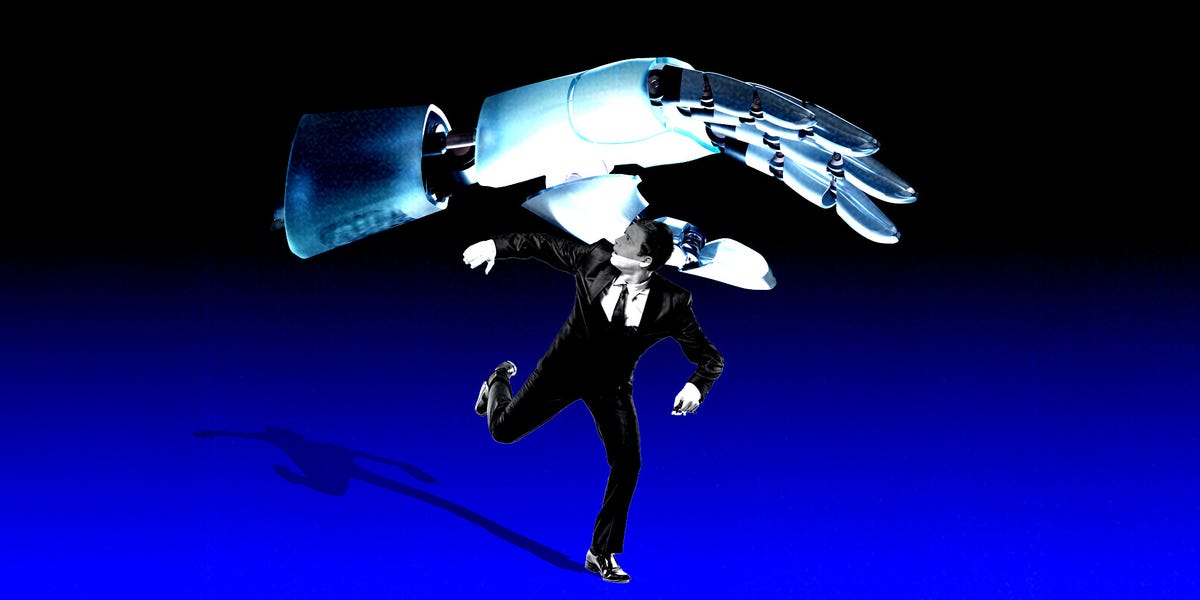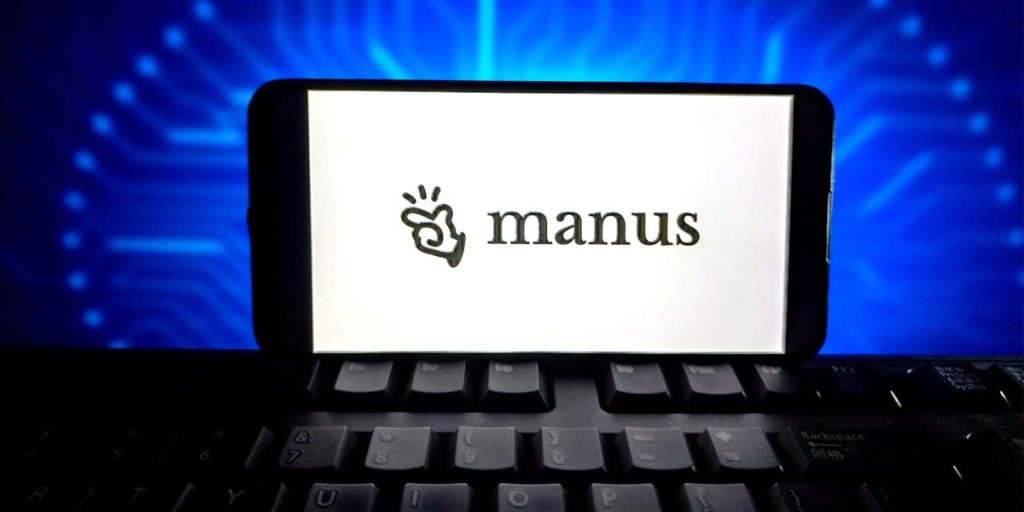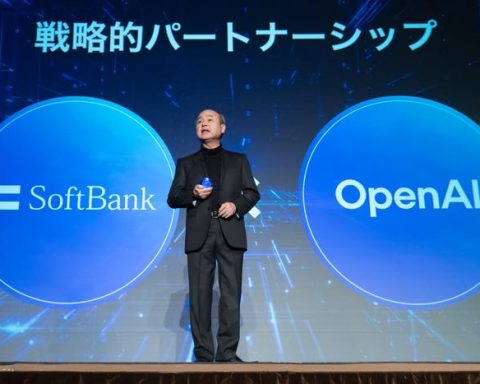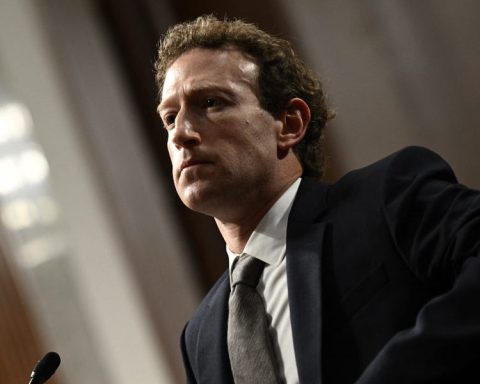A tech CEO indicated to BI that AI is poised to impact the vast majority of jobs, suggesting that humans and robots will increasingly collaborate. Positions that heavily rely on human judgment and emotional intelligence might be less susceptible to automation.
When asking AI about job safety in the context of a bot takeover, you’re likely to receive a list that includes encouraging examples. Occupations like plumbers, HVAC technicians, nurses, and diplomats are deemed safe from a scenario where robots take over tasks such as repairing leaks, dressing wounds, or mediating international relations. This logically follows.
However, upon closer inspection of the provided list, one might find that professions such as lawyers, counselors, and writers (ahem) appear to be as secure as chefs, mechanics, and electricians. This is where AI’s insights can begin to feel questionable.
The reality is that AI is already capable of drafting intricate legal documents, developing customized mental health strategies, and producing numerous written works. Ultimately, AI’s eagerness to tackle nearly any task serves as a prompt that the technology is likely to intersect with most professions, even if it doesn’t completely replace them.
“I can’t identify any positions that won’t be affected,” Scott Russell, CEO of the tech firm NICE, stated to Business Insider. However, he believes that very few jobs will be fully replaced by AI. Instead, he anticipates that many roles will transform into a hybrid model involving both humans and AI working together.
The AI teammate
Russell mentioned that at NICE, AI assists customer service teams in sorting inquiries and directing them to appropriate staff members. Once an employee identifies the best solution for the issue, they often hand the task back to the AI for completion. Throughout this process, the customer doesn’t realize that the task is being passed between AI and human agents.
Yet, the perception of AI for some workers may not align with this collaborative scenario. A survey conducted by the Pew Research Center with over 5,000 US adults in October revealed that only 6% believe AI will improve their job prospects long-term. Many expressed concerns, with about one-third feeling that AI would negatively impact their job opportunities, while another similar portion believed it would have minimal effects.
The need for human judgment
Jochen Menges, a human resource management and leadership professor at the University of Zurich, conveyed to BI the challenge in pinpointing which professions might remain unaffected by AI. Even those in roles like barbers and caregivers, which traditionally seem insulated, are not entirely free from impact.
Even for jobs more prone to automation, he notes that human judgment will still be necessary to interpret and react to AI outputs. Workers must engage with AI, asking questions, and refining prompts to get the desired results.
“Jobs that involve an emotional connection are likely to be valued more highly in the future,” Menges added.
Understanding how AI can permeate seemingly complex roles can be difficult, acknowledged Sandra Moran, chief customer experience officer at WorkForce Software. As familiarity with AI enhances, she anticipates a rise in AI-assisted human functions across various jobs. For instance, fast-food employees who can take drive-thru orders from home illustrate how roles previously thought to require in-person attendance can adapt to technological advancements. Once people recognize that these jobs can indeed be performed remotely, it’s easy to envision how AI or tech-enabled alternatives could step in.
“There is no job that you should consider AI-proof,” she asserted to BI.
Gray-collar workers
Moran predicts that as manufacturing sectors begin integrating AI into their operations, the demand for what is known as “gray-collar workers”—those who combine hands-on work with technical skills—will increase. Bertina Ceccarelli, CEO of NPower, a nonprofit that equips youth and veterans for tech careers, emphasized that positions blending desk responsibilities with physical tasks, such as setting up equipment in data centers or installing networking cables, will remain vital. She explained that NPower’s mission includes preparing students for careers that AI is unlikely to disrupt in the near future.
“Most are entry-level IT technician roles that require a physical presence,” she elaborated. Although initial salaries may not be particularly high, these roles provide younger workers a pathway to navigating their career trajectories. Furthermore, she pointed out that jobs combining manual tasks with tech skills are crucial as more traditional roles, like IT help desk technicians, decline. In contrast, “You still need a human to ship that PC to a remote worker,” she noted.
The ‘vast middle’
Chetan Dube, founder and CEO of Quant, which develops digital workers, shared with BI his belief that jobs demanding apprenticeship-style training, such as electricians and plumbers, will mostly remain safe. Conversely, he expressed concerns regarding the “vast middle”—jobs involving tasks like processing insurance claims or driving buses. Dube predicts AI will increasingly fill these roles by the end of the decade.
Nevertheless, he also forecasts that the advantages brought by AI will be significant enough that, if managed properly through regulation, the technology could allow humans more leisure time, while alleviating employment anxieties. He estimates that the US gross domestic product could increase by as much as 40% due to AI efficiencies. Dube concluded that humans will not need to work as much, asserting, “These digital employees are going to work 24/7.







